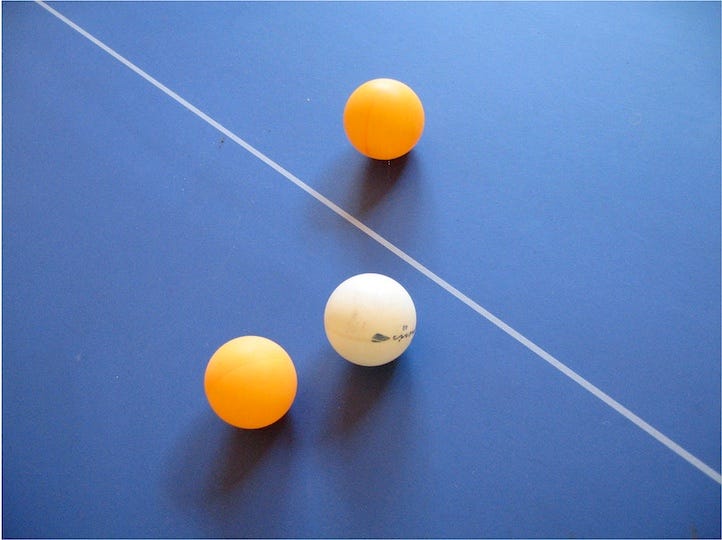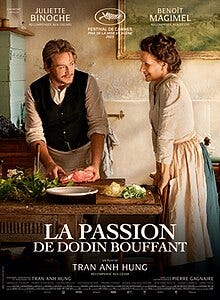Monday 4 March, 2024
Democracy?
Quote of the Day
I went from adolescence to senility, trying to bypass maturity.
Tom Lehrer
Musical alternative to the morning’s radio news
Linda Ronstadt and Dolly Parton ! I Never Will Marry
Long Read of the Day
Marshall McLuhan: Prophet
The crowd who run the Free Press Substack has had an idea for a new series. Every Saturday for the next several weeks, they will have an essay on “an activist, scientist, writer, or thinker who somehow knew what would happen years or decades after their deaths”. Their opening ‘prophet’ is Marshall McLuhan.
Here’s how Benjamin Carlson kicks off:
You are reading this essay because Marshall McLuhan, in some sense, planned for it.
In the mid-1960s, when he exploded onto the American pop-cultural scene—which was also planned; more about this in a moment—he decided to embrace television.
This was not because he was born for TV. He was too “hot” for the medium (in the McLuhanesque sense of being uptight), as he famously said of Richard Nixon about his presidential debate loss to the “cool” John F. Kennedy.
Rather, McLuhan used TV because he, more than anyone of his time, understood how electric technology was transforming society and, even then, had already transformed it.
He knew that whether he liked it or not, TV was where he had to be. His mission was to wake people up—to “needle the somnambulists,” as he put it…
It’s an interesting essay. I’ve long thought that some of McLuhan’s ideas were relevant to our digital age (and in fact once gave a keynote talk about him) and his famous aphorism that “the medium is the message”. I still think that every time I see people taking to Twitter/X.
AI’s insatiable need for water and energy
Yesterday’s Observer column:
One of the most pernicious myths about digital technology is that it is somehow weightless or immaterial. Remember all that early talk about the “paperless” office and “frictionless” transactions? And of course, while our personal electronic devices do use some electricity, compared with the washing machine or the dishwasher, it’s trivial.
Belief in this comforting story, however, might not survive an encounter with Kate Crawford’s seminal book, Atlas of AI, or the striking Anatomy of an AI System graphic she composed with Vladan Joler. And it certainly wouldn’t survive a visit to a datacentre – one of those enormous metallic sheds housing tens or even hundreds of thousands of servers humming away, consuming massive amounts of electricity and needing lots of water for their cooling systems.
On the energy front, consider Ireland, a small country with an awful lot of datacentres. Its Central Statistics Office reports that in 2022 those sheds consumed more electricity (18%) than all the rural dwellings in the country, and as much as all Ireland’s urban dwellings…
Films, etc.
We went to see Tran Anh Hung’s film The Taste of Things the other day and loved it. Set in 1899, it’s about the romance between a passionate gourmet Dodin (played by Benoit Magimel) and his cook Eugenie (played by Juliette Binoche). But really it’s a film about fin-de-siecle rural France, the importance of cooking and food, love and loss. As someone who loves rural France, and goes there every Summer, I was of course a sucker for it. And the next day I set to and cooked Coq au Vin which — even though my countrymen often ridicule it as “chicken in a lorry” — was (IMHO) delicious, though alas not up to Dodin’s standards. Still…
The trailer is here. Guardian review here.
Linkblog
Something I noticed, while drinking from the Internet firehose.
Electric bikes actually give more exercise than pedal bikes
Eh? That’s what this piece claims. On the other hand, it’s from an outfit that sells electric stuff. Caveat lector.





